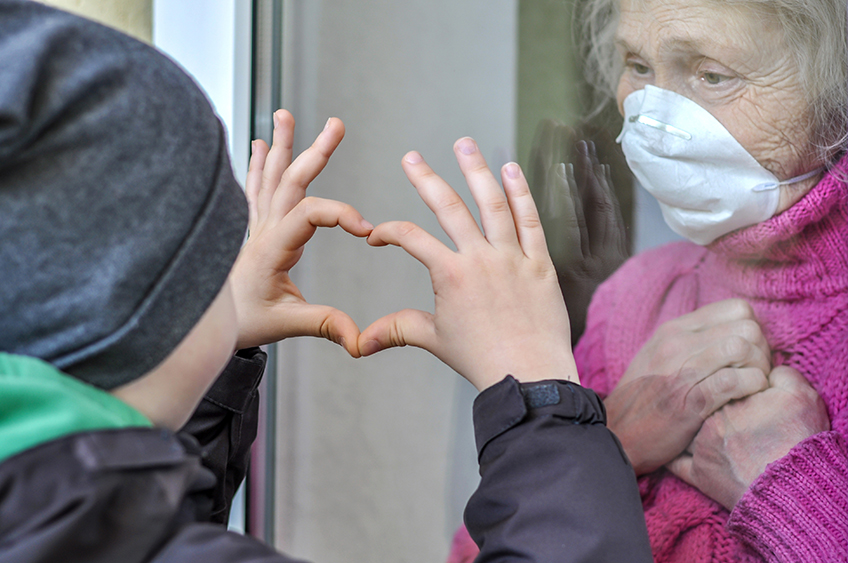The key to avoiding a serious case of COVID-19? Knowing your risks.

(Stock image)
By STHS Communication Department
There’s still a lot that experts don’t know about the COVID-19 coronavirus, but there’s one thing that’s become abundantly clear: Not all COVID cases are created equal.
For some people who contract it, it never gets worse than, say, a mild cold. For many others, however, it can be deadly.
In some cases, it’s still not clear why that is. But there are a number of factors that could leave you at an increased risk of developing potentially serious complications should you contract COVID-19.
You’ve probably heard medical experts call them “co-morbid conditions,” which is just a fancy way of referring to conditions that make a given patient particularly vulnerable to life-threatening complications.
According to the federal Centers for Disease Control and Prevention, anyone over 65 – even those who are seemingly healthy – are already at an increased risk of developing serious complications from COVID-19. Other underlying conditions that present an increased risk of COVID complications include:
- Chronic kidney disease.
- Chronic Obstructive Pulmonary Disease, or COPD.
- A weakened immune system from an organ transplant.
- Obesity, which is defined as having a body mass index – or BMI – of 30 or higher.
- Serious heart conditions, such as heart failure, coronary artery disease or cardiomyopathies.
- Sickle cell disease.
- Type 2 diabetes.
In addition, the following conditions could pose a risk for severe illness from COVID-19:
- Moderate to severe asthma.
- Hypertension, also known as high blood pressure.
- Neurologic conditions, such as dementia.
- Liver disease.
- Pregnancy.
- Pulmonary fibrosis (having damaged or scarred lung tissues).
- A history of smoking.
Anyone with any of those conditions should be particularly careful to self-isolate during the COVID pandemic and to follow CDC guidelines with regard to COVID prevention. That is: practice good hand hygiene, avoid touching your face, and wear a mask and practice social distancing if you must go out in public.
Just as important, however, is to see your doctor to learn your risk, especially if you haven’t been to a doctor in a while. Those who don’t have a primary care physician can call 888-977-3319 to make an appointment with a St. Tammany Health System-affiliated doctor.
Doing so could provide you the information you need to avoid developing a case of COVID that could be potentially life-threatening.
*****
Visit StTammany.health/COVID19 for the latest information on coronavirus in St. Tammany Parish.